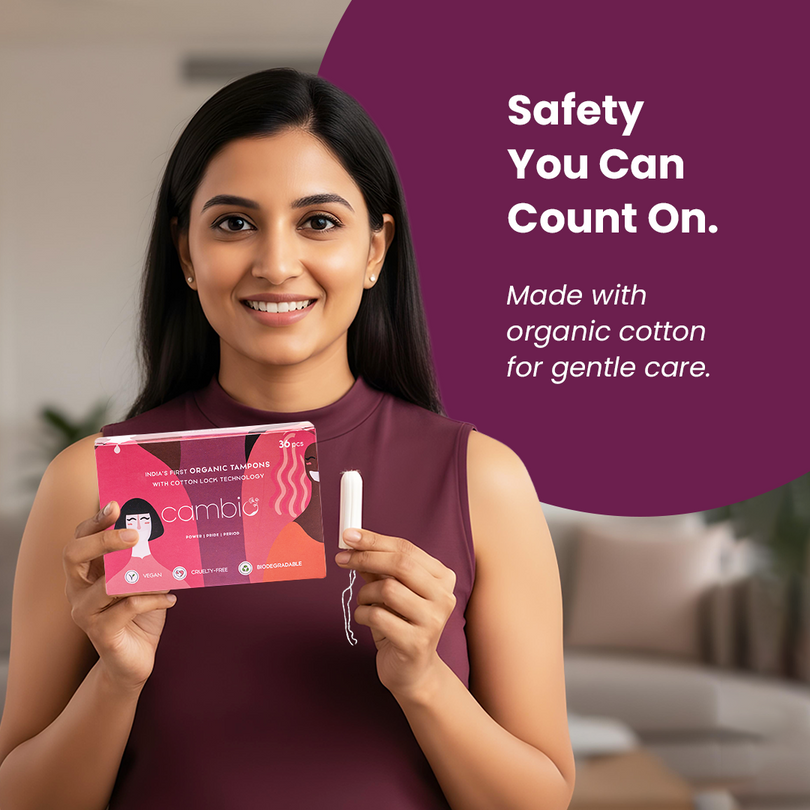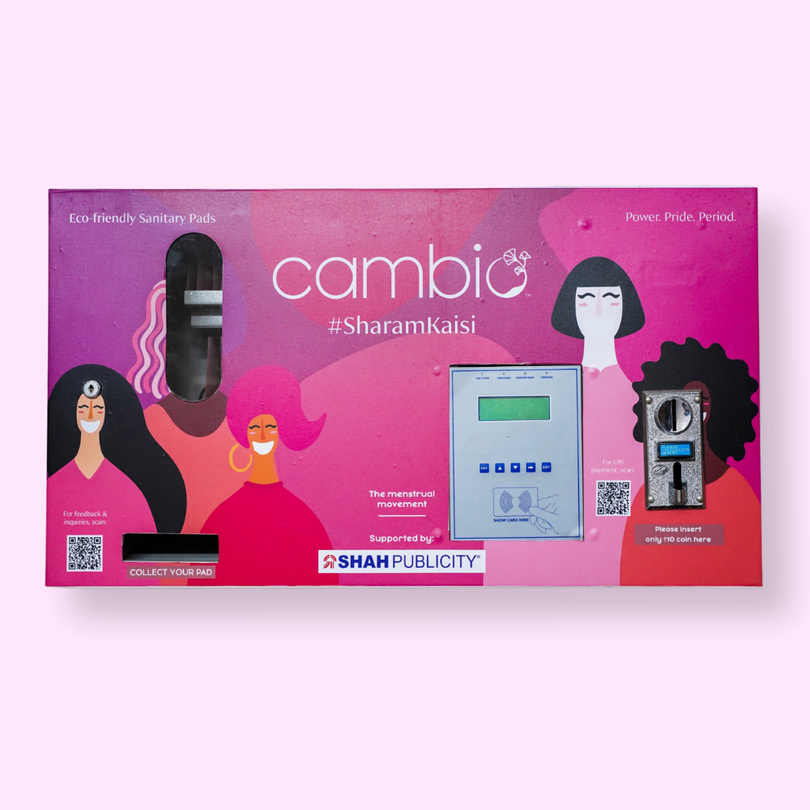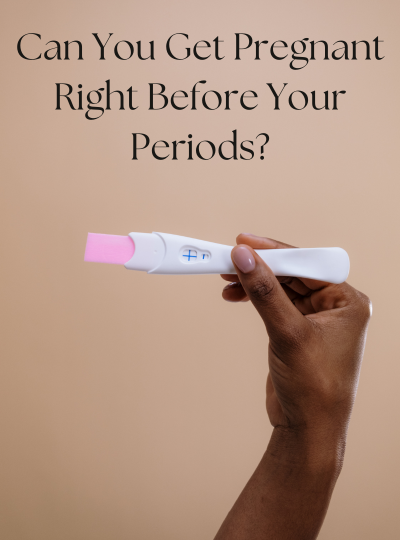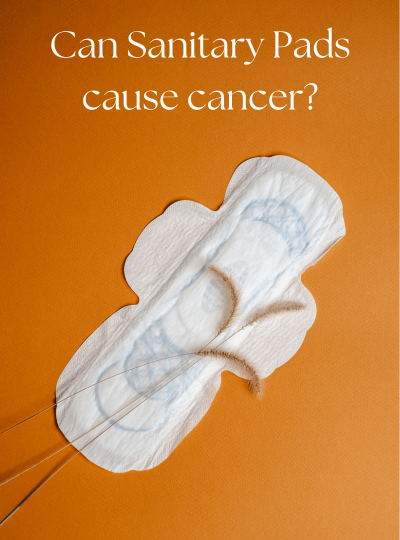Can You Get Pregnant Right Before Your Period?
Yes, you can get pregnant right before your period.
The days in which you can get pregnant are called fertile days. These days are usually around ovulation when an egg is released from your ovary. Ovulation usually occurs in the middle of your menstrual cycle, about two weeks before your period. Sperm can live for up to 7 days inside your body. So, if you have sex right before your period and you ovulate early, the sperm can fertilize the egg.
The chance of getting pregnant before your period is higher if you have:
- Irregular periods
- Short menstrual cycles (less than 28 days)
If you are concerned about getting pregnant, you can talk to your doctor about birth control options.
Will your period stop if you get pregnant during it?
If you get pregnant during your period, you won't have a true period. A period is when the lining of the uterus sheds if pregnancy doesn't occur.
However, you might experience some bleeding early in pregnancy that can be mistaken for a period. This is called implantation bleeding when a fertilized egg attaches itself to the uterine lining. It usually occurs around the same time you'd expect your period but is typically lighter and shorter.
If you're concerned about any bleeding during pregnancy, it's always best to consult a doctor for a proper diagnosis.
Also read - Can sex affect your menstrual cycle?
What happens if I get nutted(sex) a day before my period?
Having sex a day before your period likely won't result in pregnancy. Here's why:
Ovulation timing: Pregnancy typically occurs around ovulation, when an egg is released from the ovary. This usually happens in the middle of your menstrual cycle, not right before your period.
Egg lifespan: Even if sperm survives for up to 7 days, an egg only lives for about 24 hours after ovulation. So, by the day before your period, ovulation has likely already passed, and there's no egg for sperm to fertilize.
However, there are some exceptions to consider:
- Irregular cycles: If your cycles are irregular, ovulation timing can be unpredictable. In rare cases, you might ovulate later than expected, allowing sperm to meet a viable egg.
- Early period: If your period starts earlier than usual, it's possible you could be closer to ovulation than you think.
Overall, the risk of pregnancy from sex a day before your period is very low. But, if you're concerned or have irregular cycles, consider talking to your doctor or using a reliable form of birth control like condoms, or the pill, or an IUD.
Als read - How to get periods immediately to avoid pregnancy?
When is the least likely time to get pregnant?
The least likely time to get pregnant is during the days immediately before and during your menstrual period. However, it's important to understand why this is the case and that there are still some factors to consider:
- Ovulation timing: Pregnancy is most likely around ovulation, when an egg is released from the ovary. This typically happens in the middle of your menstrual cycle, not right before your period.
- Sperm survival: Sperm can live inside your body for up to 7 days. But an egg only lives for about 24 hours after ovulation. So, by the day before your period, ovulation has likely already passed, and there's no egg for sperm to fertilize.
Also read - How to delay your periods?
When is the most likely time to get pregnant?
The most likely time to get pregnant is during your fertile window. This window is the period in your menstrual cycle when ovulation occurs and fertilization is possible. Here's a breakdown:
- Ovulation: This is when an egg is released from your ovary, ready for fertilization by sperm. It usually happens around the middle of your menstrual cycle, about 12-14 days before your next period starts.
- Fertile window: Sperm can live inside your body for up to 7 days. So, your fertile window includes the day of ovulation and the 5 days leading up to it. During this time, sperm can be waiting in the fallopian tubes to meet the released egg.
Having sex any day within this fertile window gives you the highest chance of getting pregnant. The closer you are to ovulation (especially the 3 days leading up to and including ovulation), the higher the chance of sperm encountering a viable egg.
Here's why other times in your cycle are less likely for pregnancy:
- Before ovulation: The egg isn't released yet, so there's nothing for sperm to fertilize.
- After ovulation: The egg only lives for about 24 hours after ovulation. By the time sperm reach the fallopian tubes after sex, the egg might no longer be viable.
- During your period: You're not ovulating, and the uterine lining is shedding, making implantation ( fertilized egg attaching to the lining) unlikely.
Also read - Can sperm pass through sanitary pads?
Can I get pregnant right after my period?
Many women want to know if they can get pregnant right after their period. The answer depends on a few things, such as the length of your menstrual cycle and when you ovulate.
For a typical 28-day cycle, ovulation usually happens around day 14, which is in the middle of the cycle. But cycles can be different for everyone, so it's best to talk to a healthcare professional to figure out when you ovulate.
If your cycle is shorter, you might ovulate earlier, which means you could get pregnant soon after your period. If your cycle is longer, you might ovulate later, which means it's less likely you'll get pregnant right after your period.
Sperm can stay inside the female body for up to five days. So, if you have sex near the end of your period and then ovulate, you could still get pregnant.
To increase your chances of getting pregnant or to avoid it, you should keep track of your menstrual cycle and look for signs of ovulation. If you're not ready to have a baby, use birth control. If you are trying to get pregnant, have sex throughout your cycle, especially when you're most likely to get pregnant.
If you have any concerns or questions about fertility, consult with a healthcare professional for personalized advice and guidance.
Stay informed, stay empowered, and take charge of your reproductive health journey!
Also read - Can sex make your period come early?
Does emergency contraception work during the period?
Emergency contraception, often referred to as the "morning-after pill," is designed to prevent pregnancy after unprotected intercourse or contraceptive failure. It primarily works by delaying or preventing ovulation, the release of an egg from the ovary, or by interfering with fertilization.
Emergency contraception is most effective when taken as soon as possible after unprotected intercourse, ideally within 72 hours, although some options may be effective for up to five days afterwards. However, its effectiveness may be reduced if taken during the period for several reasons:
- Ovulation Timing: Emergency contraception primarily works by preventing ovulation. During menstruation, ovulation has likely already occurred in a typical menstrual cycle, so emergency contraception may not be as effective in preventing pregnancy during this time.
- Fertilization Window: Sperm can survive in the female reproductive tract for up to five days. If unprotected intercourse occurs towards the end of menstruation, sperm may still be present when ovulation resumes. In such cases, emergency contraception may not be effective in preventing fertilization.
- Endometrial Environment: Emergency contraception may alter the endometrial lining, making it less receptive to implantation. However, during menstruation, the endometrial lining is already shedding, which may reduce the effectiveness of this mechanism.
While emergency contraception may still provide some level of protection if taken during menstruation, it is generally most effective when used before ovulation occurs. It's essential to remember that emergency contraception is not intended for regular use and should not be relied upon as a primary method of contraception.
If you have concerns about pregnancy after unprotected intercourse, it's best to consult with a healthcare professional promptly to discuss your options and determine the most appropriate course of action based on your circumstances.
More to read
Why is my period blood watery?










